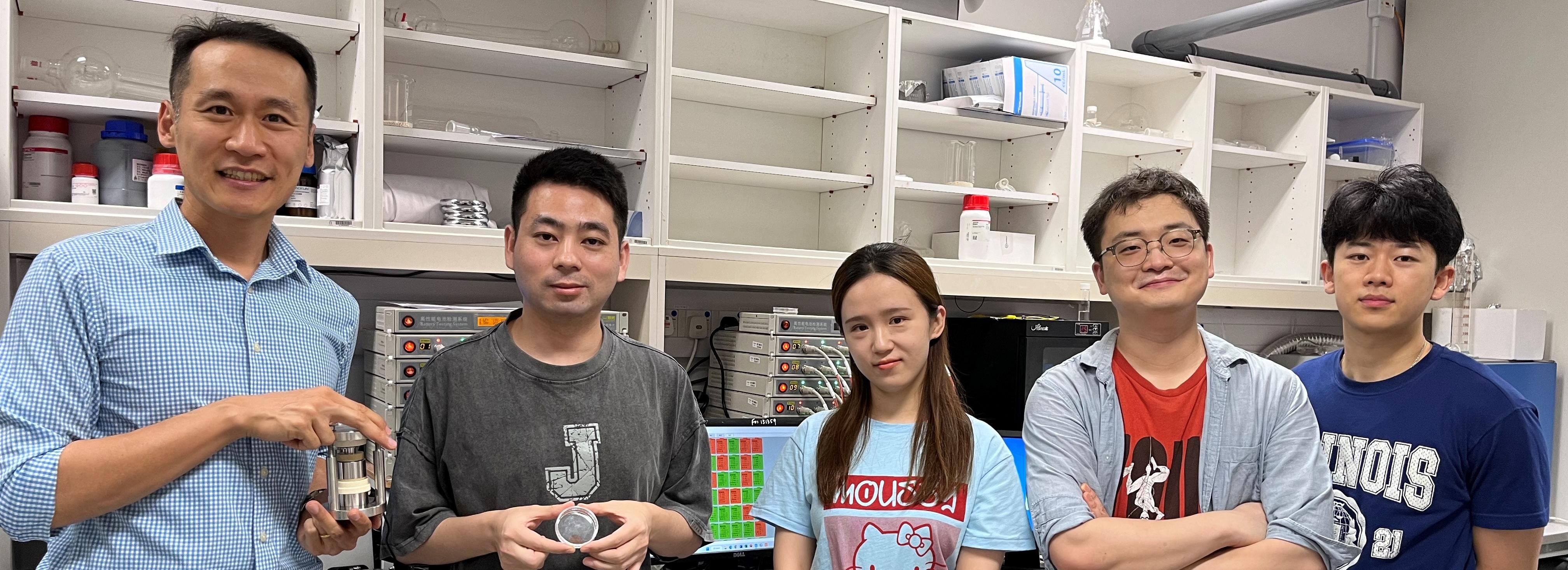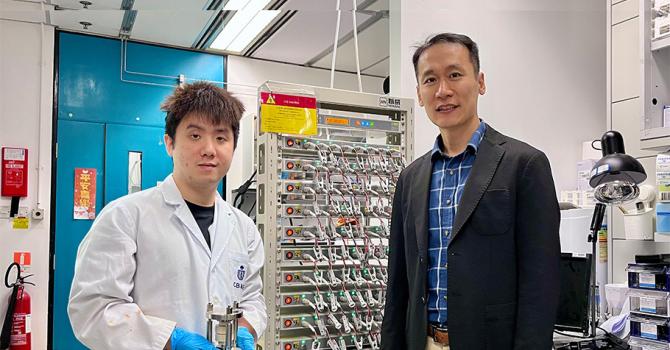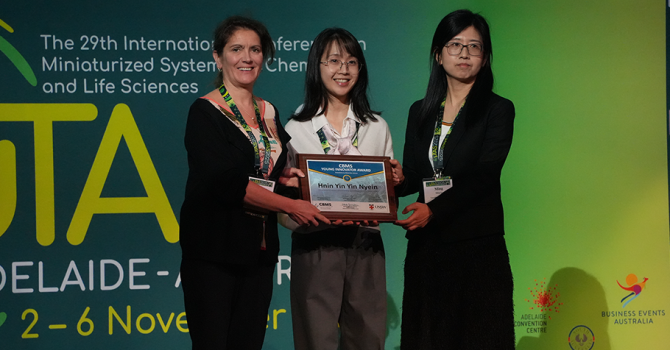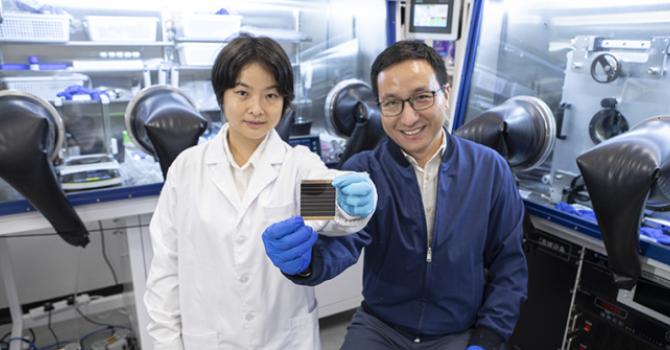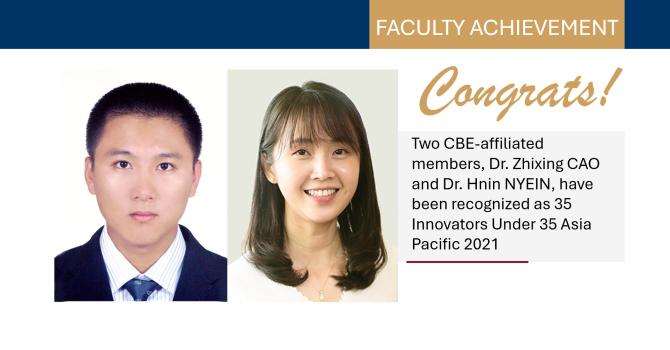Prof. Yoonseob KIM’s Research on High-Performance All-Solid-State Lithium Metal Batteries Published in Advanced Energy Materials
A research paper titled “High-Performance All-Solid-State Lithium Metal Batteries Enabled by Ionic Covalent Organic Framework Composites” by Prof. Yoonseob KIM of the Department of Chemical and Biological Engineering and his research team was recently published in Advanced Energy Materials, a prime applied energy journal for research providing solutions to today’s global energy challenges.
The paper was co-authored by Prof. Kim, his PhD students Jun HUANG (first author), Chen LI, and Hang LUO, postdoctoral fellow Ki-Taek BANG, former final year thesis student Albert LIEM (2023 BEng in Sustainable Energy Engineering), as well as collaborators from Shanghai Jiao Tong University and Zhejiang University in Mainland China and Hanyang University in South Korea.
Abstract of the paper
Ionic covalent organic frameworks (iCOFs) are crystalline materials with stable porous structures. They hold great potential for ion transport, particularly as solid-state electrolytes (SSEs) for all-solid-state lithium metal batteries (ASSLMBs). However, achieving an ionic conductivity of over 10−3 S cm−1 at room temperature using pure-iCOF-based SSEs, even adding additives such as lithium salts, is challenging as the voids work as strong resistances. Thus, highly conductive iCOFs typically require quasi-solid-state configurations with organic solvents or plasticizers. In this study, composites comprising iCOFs and poly(ionic liquid) (PIL) are prepared to make all-solid-state iCOFs electrolytes with an exceptional ionic conductivity up to 1.50 × 10−3 S cm−1 and a high Li+ transference number of > 0.80 at room temperature. Combined experimental and computational studies show that the co-coordination and competitive coordination mechanism established between the PIL, lithium bis(trifluoromethanesulfonyl)imide (LiTFSI), and iCOFs enabled rapid Li+ transport while restricting TFSI− movement. ASSLMB cells, made of composite SSEs and LiFePO4 composite cathode, demonstrate an initial discharge capacity of 141.5 mAh g−1 at 1C and r.t., with an impressive capacity retention of 87% up to 800 cycles. Overall, this work presents a breakthrough approach for developing advanced SSEs for next-generation high-energy-density ASSLMBs.

